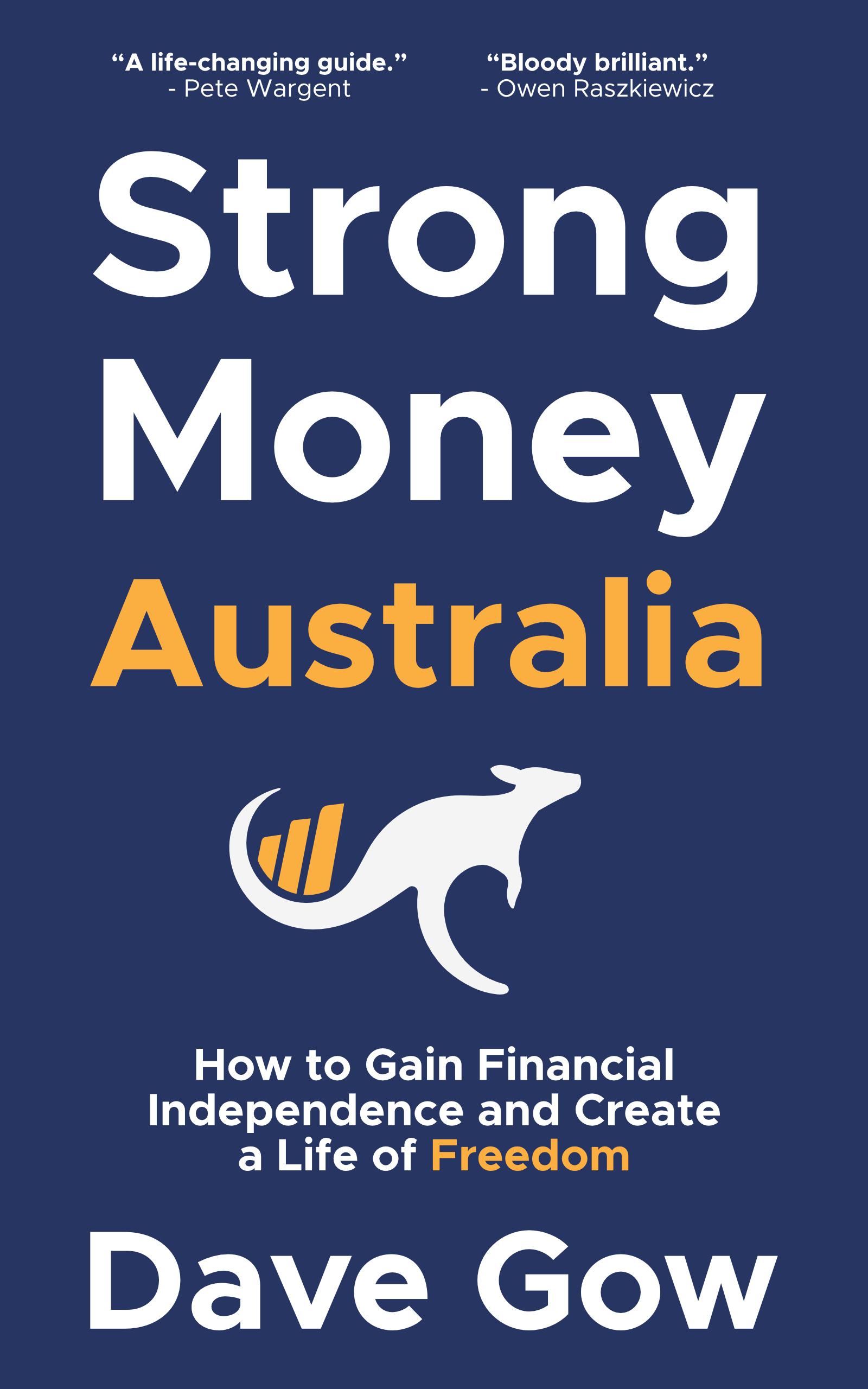In this episode…
We chat about the misconceptions we see people making about the FIRE movement. Both newbies starting out and outsiders unfamiliar with the concept seem to miss some important key points.
We’ll clear those up today, so we can all move forward together! There are also some haters out there, so we pick apart why they’re (obviously) wrong 😉
Listen to the show…
(you can also download the mp3 file here)
Discussion points…
- Financial Independence only works for high-income earners (02:12)
- FIRE means you can’t buy a house (10:21)
- You have to make major lifestyle sacrifices (12:51)
- Having kids means it’s impossible to retire early (17:09)
- You must be an anti-consumer – a nice modern life isn’t allowed (22:47)
- It’s our moral duty to keep working and paying tax (27:54)
- When markets crash, early retirees will beg for their jobs back (34:05)
- If everyone pursued FIRE, the economy would collapse (43:38)
- The FIRE crowd is deluding themselves and pretending to be happy (48:06)
- This whole retiring early thing is ridiculous (52:03)
- FIRE is just running away from work (57:07)
- Summary (1:00:14)
Further reading:
- Can You Achieve Financial Independence on a Low Income?
- If the FIRE Journey Makes You Miserable, You’re Doing it Wrong
- FI Backup Plans Part One & Part Two
Join my mailing list below and get notified of future episodes in your inbox:
Want more FIRE & Chill?
Check out the complete list of episodes on the FIRE and Chill podcast page.
Do you have something to add to this discussion? Share your thoughts in the comments below…

















Enjoying the podcast/general chat you two have.
Few comments.
On not contributing to society (tax)
a) as someone working towards Fire you would have foregone consumption to spend it in the future, therefore your contribution to society (in the form of tax and providing services) was front loaded.
b) your investments (say in equities) should they be successful will also be paying tax on their profits.
c) GST is a tax on consumption, accordingly generally speaking you would be paying 10% of your spend to society (excluding the GST exemptions on housing/fresh food).
d) if you are going for a fat fire – say greater than $50k p/y then you will still be paying tax.
In addition with the extra time you have there is a high likelihood you will contribute via work, donating your time etc. who wants to stay home with minimal interaction every day for the rest of your life.
On the if everyone was in Fire – there is a natural leaver in the economy called supply and demand. If no one was working the cost to get someone to do something would increase significantly due to a lack of supply, think about the cost to get a car towed in the middle of the night or surge pricing with an Uber.
The same concept is applicable in wages around Australia if you look at certain jobs/professions say a cashier at a supermarket/fast food outlet or a general labourer (where there are minimal training requirements) compared to actuarial science/doctors (where there are significant requirements in education to enter the field). If everyone was FIRE then there would be significant inflation and a significant incentive $ to reenter the workforce.
Thanks for listening J, glad to hear you’re enjoying the show. And I appreciate you sharing your thoughts – some excellent points there!
The tax thing is definitely something that I’ve seen the naysayers criticise us for, but is such a misconception. I actually ran the numbers (for my own situation) and I’ll easily pay my ‘fair share’ of lifetime taxes within the next decade of work, let alone by the time I retire. Besides, it’s not like we’ll suddenly stop paying taxes when we retire!
Exactly! There are so many flaws in the whole argument about tax and contributing to society. Honestly, I think people are often looking for something to criticise to justify their own position. But I’m a bit of a cynic like that lol.
Have you ever read Daring Greatly? or watched Brene Brown’s TED talks? She talks a lot about how people that criticise are most often people that feel insecure in their own choices.
Nah I haven’t seen/read either of those. I’ll have to check it out. But intuitively it makes sense, like the bully on the playground who really feels like shit inside.
As a SILK (Single Income Lotsa Kids), it is possible to become FI, but it does take longer. My income has been above median for most of that time, but not excessively. We have and do lots of voluntary tasks in the community. I work to live and would consider to have had a good work/life balance. I would even say I have not focused on my career!
The good things we did were:
1) We are natural tight-arses, don’t have expensive tastes, but are not left wanting
2) Have passively invested continually over my working life: House, Super, Share, Insurances, Rental property
3) Life Stability: no messy divorces, same house, no business ventures (and hence no failures)
Not so good things we did were:
1) No real budgeting or financial planning
2) Shares (yep, got absolute dogs)
3) No smart and targeted investing (ETF, LICs etc)
Don’t be shocked when I tell you I am coming up to 65. But wait! I have been working part-time since 60. I don’t have to work, but I choose to. And I am so much better off re Net Worth compared to my peers
Now imagine if I have been pro-active with my FI! I could have fast-forwarded that FI. Or I could have stopped at a lower Net Worth value.
So it can be done, and I didn’t even consciously try. Just wish FIRE was a movement when I was younger.
Oh, and for me, the ‘RE’ means ‘Retire Eventually’!
Haha I’ve never heard the term SILK before! Sounds like you’ve done a fantastic job in your situation, as you say, miles ahead of most people and now work is optional which is perfect. Thanks very much for sharing 😀
The high income misconception is a big one. It’s one of the first reactions my partner had when I first explained FIRE! There’s lot of paths to FIRE, even on more modest incomes.
Absolutely, it’s a huge mental hurdle we need to help people get past.